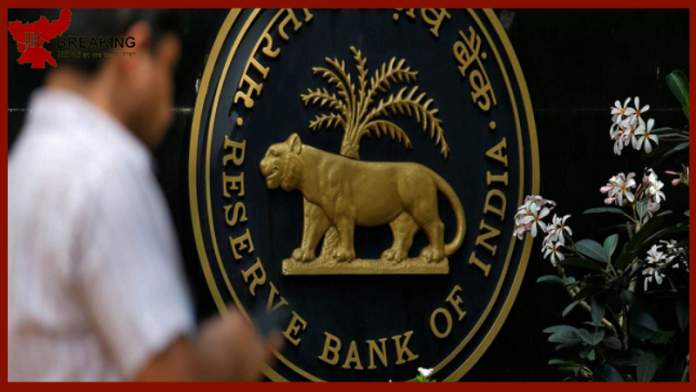Loan Default Rules: After taking a loan from the bank, the customer has to pay EMI every month. If he fails to pay it, he has to face legal action along with action by the bank. Most of the loan defaulters are unaware of what legal action can be taken against them. RBI has also set rules (RBI rules for loan default) regarding this, let’s know about this in the news.
RBI Loan Rules: Nowadays banks provide many types of loans to people. These include personal loans, home loans, business loans etc. When a loan is defaulted, legal action is taken against the borrower.
If you have also taken a loan, then you must know those rules of RBI, which are applicable on the loan taker after loan default (loan default hone par kya kre) and on that basis steps are taken for legal action.
The bank can go to court against the loan defaulter
Not paying the loan is very costly for the loan holder. If this is not done, the bank puts the customer in the category of loan defaulter. After this, the bank has the right to take legal action against the customer and approach the civil court.
A case (loan default case) can be filed in the civil court against the person who does not repay the loan on behalf of the bank. The court can also give an order to confiscate the salary or property of the loan defaulter.
Action can also be taken against them under Section 420 of the Indian Penal Code, which provides for imprisonment and fine (punishment on loan default).
Credit score will be bad
If you do not pay the loan, first of all the CIBIL score (cibil score update) gets affected. It starts getting affected as soon as the EMI is missed (loan EMI bounce).
Once the CIBIL score gets spoiled, it becomes difficult to get a loan in future. It also takes a lot of time to improve the CIBIL score (how to improve cibil score).
Banks also try to resolve the issue through talks
Before taking legal action, the bank talks to the customer. Through talks, a chance is given to pay the EMI (EMI repayment rules). Even after this, if no solution is found and the EMI is not paid, then the bank takes legal action.
The help of recovery agents is also taken by the bank (bank news) for loan recovery. Due to this, the customer has to face problems. Therefore, paying the EMI (Loan EMI) on time is the right solution.
This is the rule of RBI
Banks and non-banking financial companies also have to follow the guidelines of RBI, which have been made for loan recovery. According to RBI (RBI rules for loan recovery), a notice has to be issued first giving time to the customers.
It is important to treat customers with respect. If the EMI is not paid even after the notice (bank notice on loan default), then legal action can be taken.


